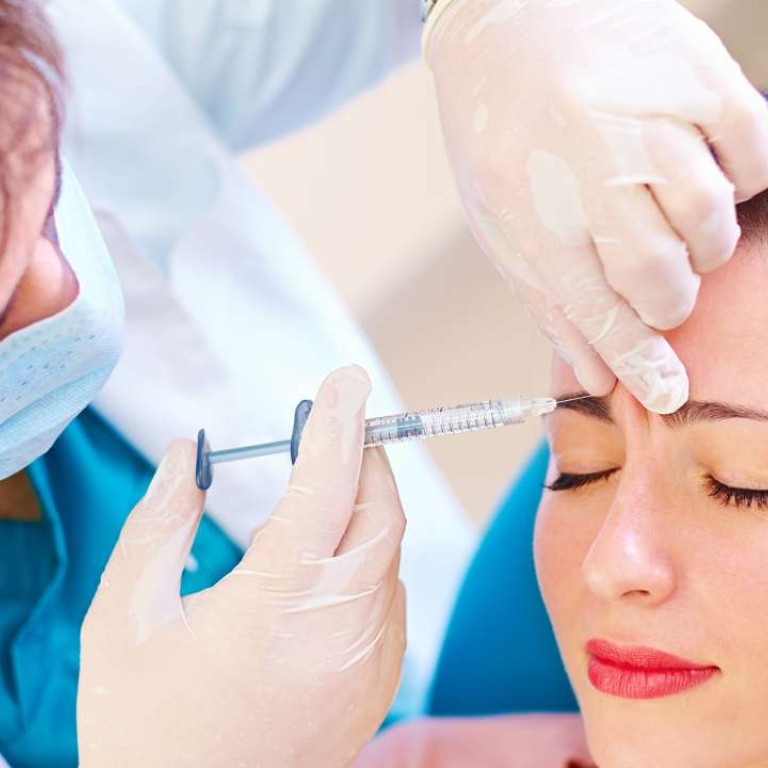
More legislation needed to regulate Hong Kong’s medical beauty service industry, says watchdog
Consumer Council demands definition of services after survey finds 90 per cent of customers had them done by beauticians not doctors
Hong Kong’s consumer watchdog has urged the government to regulate beauty treatment requiring medical procedures after finding nine out of 10 people who sought such services were treated by beauticians instead of doctors.
Alarmingly, 91.3 per cent of those who underwent high-risk treatments, which should be performed by a doctor or a dentist, had services done by beauticians instead.
“At present, Hong Kong has no specific legislation governing medical beauty services, nor a clear definition of the relevant services,” the Consumer Council said in its report, out yesterday.
“The council’s research has shown that both consumers and industry practitioners have only a very vague idea of what constitutes the scope of beauty services and that of medical beauty.”
The council highlighted concern over the 81.3 per cent of users who mistook medical beauty treatments for ordinary beauty services, overlooking any potential safety hazards or risks.
The watchdog urged the government to introduce legislation to clearly define what constitutes a medical beauty service and to list the procedures, types of surgery, drugs and medical devices or invasive techniques that can be considered under this definition.
It also proposed the establishment of a licensing framework to “ensure effective risk management, quality control and compliance checks”. Under this framework, a code of practice on medical beauty advertising would help regulate how the services should be promoted, it suggested.
Medical beauty service providers – doctors or beauticians – should be required to obtain appropriate certification, provide customers a full explanation of the procedures and obtain a signed written consent form, the watchdog added.
A mandatory cooling-off period should also be introduced to avoid customers getting trapped in unscrupulous sales practices, it suggested.
Amy Hui Wai-fung, chairwoman of the Hong Kong Beauty and Fitness Professionals General Union, said the government had been too slow to regulate the beauty industry.
In 2012, four women suffered from septic shock after receiving treatments at a DR group beauty centre. One of them eventually lost her life. That prompted the government to set up a committee to look into how the beauty industry could be better regulated, but no legislation has been worked out yet.
Hui said the beauty industry supported a licensing framework to monitor the qualification of practitioners, but there should be clear guidelines and definitions.
“Which institutions would they recognise? The industry now doesn’t have a standardised qualification framework,” she said.
A Department of Health spokesman said it understood there could be complications from undergoing certain medical procedures performed by unqualified people, and had set up a task force to look into it.
However, the consumer watchdog dismissed the action taken so far as merely an “administrative” directive.
It called for new legislation to lay down a clear definition for medical beauty treatments and license the trade.


